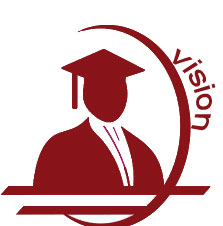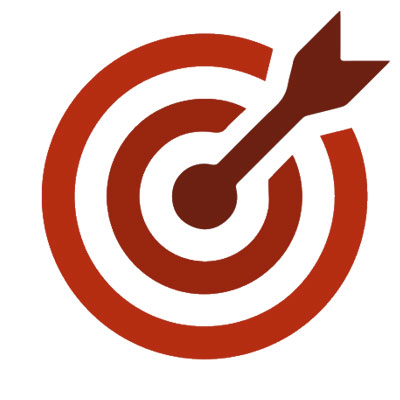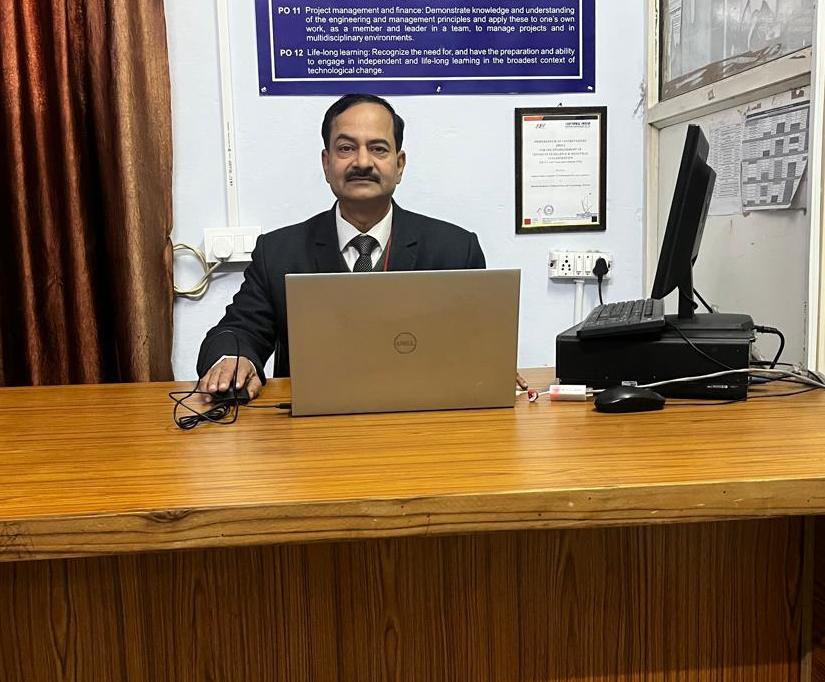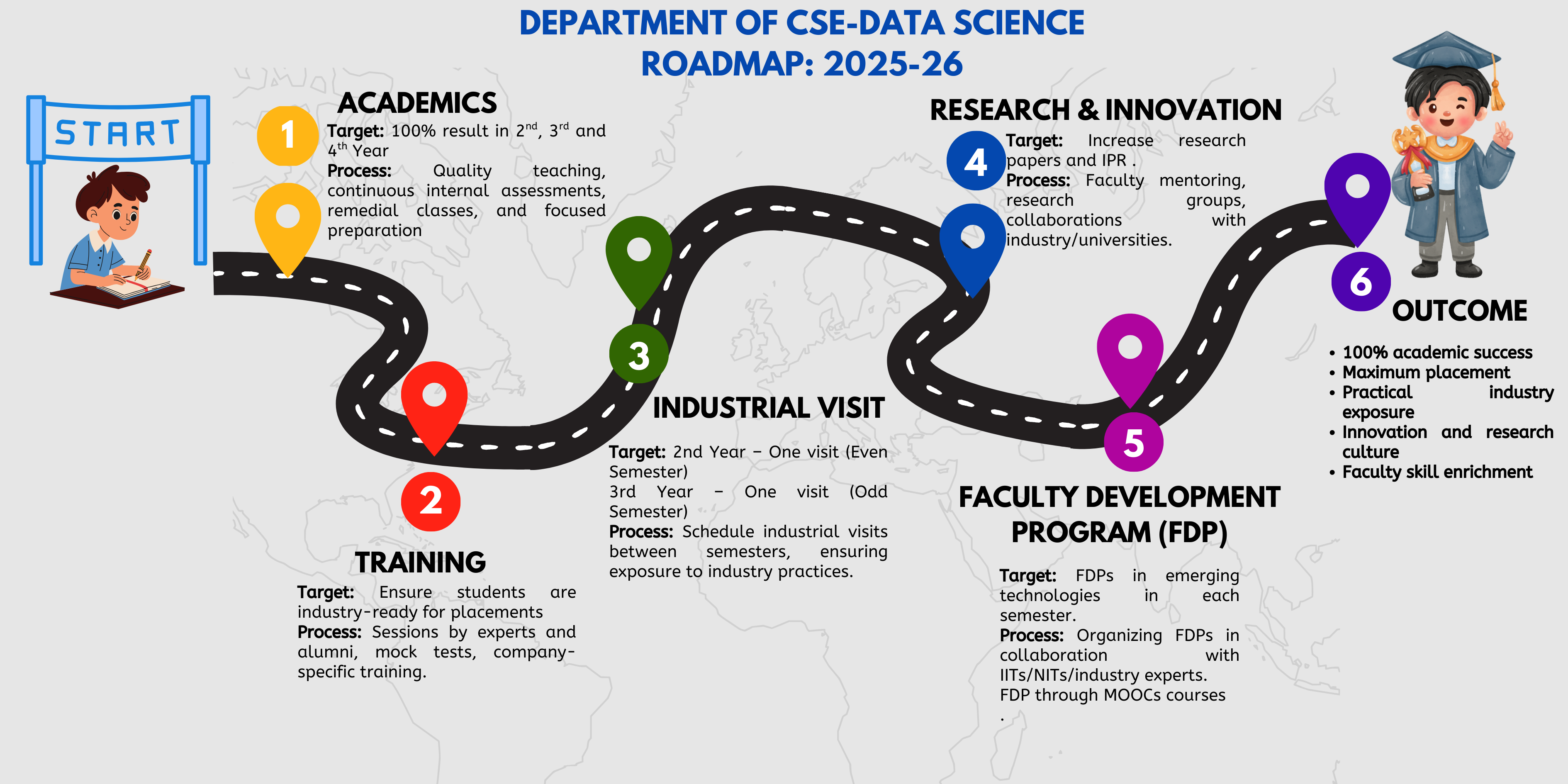Welcome to the Department of Data Science at Meerut Institute of Engineering and Technology! Established in 2021, our department is a dynamic hub for education and research, seamlessly integrating data science principles into the realms of engineering and technology. Our mission is to nurture a new generation of professionals who excel in harnessing the power of data to drive advancements in engineering and technology. We are committed to providing a comprehensive education that combines theoretical knowledge with hands-on experience, preparing our students to tackle real-world challenges in today's data-centric world. Our approach is an interdisciplinary perspective, bridging the gap between data science and engineering. This focus fosters collaboration that leads to ground breaking solutions. Our curriculum is designed to reflect the latest industry trends and technological advancements, ensuring our graduates are well-equipped for the demands of the rapidly evolving field. It offers an undergraduate programme under the affiliation of Dr A.P.J Abdul Kalam Technical University Uttar Pradesh (A.K.T.U), Lucknow U.P.
Students have access to top-notch laboratories and resources, facilitating practical, hands-on learning experiences in data analytics, machine learning, and more. Our dedicated faculty members, experienced professionals and researchers, bring a wealth of knowledge and industry insights into the classroom. The department actively engages in pioneering research that pushes the boundaries of what is possible with data science. From predictive modelling to optimization techniques, our faculty and students are at the forefront of transforming theoretical concepts into practical applications. Beyond the classroom, we encourage our students to participate in hackathons, industry internships, and community projects, fostering a well-rounded educational experience that extends beyond academic boundaries.
To View Department Booklet 2025-26 Click Here
To View Department Booklet 2024-25 Click Here
B. Tech. – CSE (DS) with sanctioned intake of 120.
UG: 4 Years Bachelor of Technology in Computer Science & Engineering (Data Science)
| Courses Outcome |

To be an excellent department that provides value-based quality education, uplifts data analytic experts and researchers, and expands their capacity to contribute to the area of data science by delivering a whole solution in social aspects.

Welcome to the Department of Data Science at Meerut Institute of Engineering &Technology (MIET). In an era driven by data and rapid technological advancements, the field of Data Science stands at the forefront of innovation and impact. Our department is dedicated to cultivating analytical minds with strong foundations in statistics, machine learning, artificial intelligence, and domain-specific applications.
We take pride in offering a curriculum that is both academically rigorous and industry-relevant, supported by a team of highly qualified faculty and a culture of continuous learning. Our programs are designed to prepare students for dynamic careers in data analytics, research, and emerging technologies through a balance of theoretical knowledge and practical experience.
The department actively promotes interdisciplinary research, innovation, and collaboration with leading industries and research institutions. We encourage our students to take on real-world challenges through projects, internships, and hackathons, fostering a problem-solving mindset and ethical responsibility.
We sincerely invite aspiring students to join MIET and take the first step toward becoming tomorrow’s data-driven leaders and innovators.

Mr. Krishan Kumar
Assistant Professor & HOD
PEOs |
PSOs |
|
|
Program Outcome |
|
